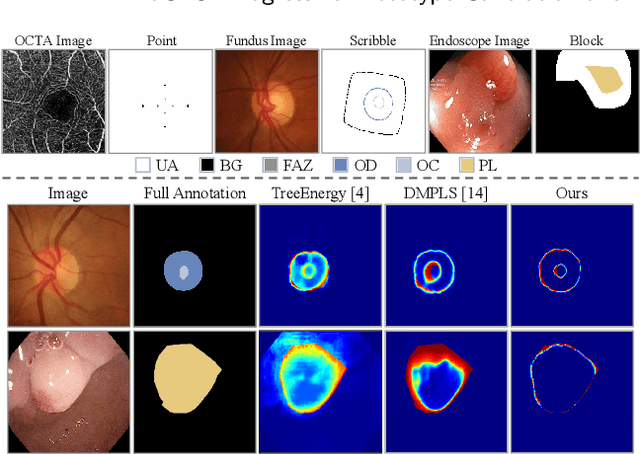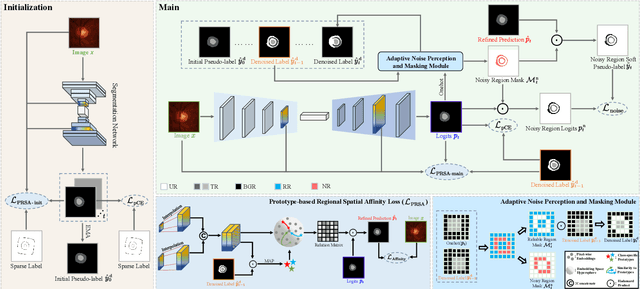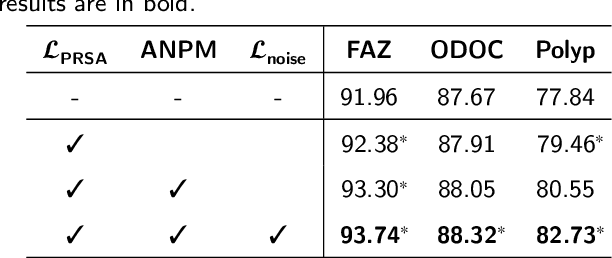X. Tang
Automatic modulation classification for MIMO system based on the mutual information feature extraction
Jun 08, 2024Abstract:Automatic Modulation Classification (AMC) is an essential technology that is widely applied into various communications scenarios. In recent years, many Machine Learning and Deep-Learning methods have been introduced into AMC, and a lot of them apply different approaches to eliminate interference in complex Multiple-Input and Multiple-Output (MIMO) signals and improve classification performance. However, in practical communication systems, the perfect elimination of MIMO signal interference is impossible, and therefore classification performance suffers. In this paper, we propose a new AMC algorithm for MIMO system based on mutual information (MI) features extraction, which does not require a large amount of training data and the elimination of MIMO signal interference. In this approach, features based on mutual information are extracted using In-Phase and Quadrature (IQ) constellation diagrams of MIMO signals, which have not been explored previously. Our method can be effective since mutual information considers the interdependencies among variables and measures how much information about one variable reduces uncertainty about another, providing a valuable perspective for extracting higher-level and interesting features from the data. The effectiveness of our method is evaluated on several model and real-world datasets, and its applicability is proven.
ProCNS: Progressive Prototype Calibration and Noise Suppression for Weakly-Supervised Medical Image Segmentation
Jan 25, 2024



Abstract:Weakly-supervised segmentation (WSS) has emerged as a solution to mitigate the conflict between annotation cost and model performance by adopting sparse annotation formats (e.g., point, scribble, block, etc.). Typical approaches attempt to exploit anatomy and topology priors to directly expand sparse annotations into pseudo-labels. However, due to a lack of attention to the ambiguous edges in medical images and insufficient exploration of sparse supervision, existing approaches tend to generate erroneous and overconfident pseudo proposals in noisy regions, leading to cumulative model error and performance degradation. In this work, we propose a novel WSS approach, named ProCNS, encompassing two synergistic modules devised with the principles of progressive prototype calibration and noise suppression. Specifically, we design a Prototype-based Regional Spatial Affinity (PRSA) loss to maximize the pair-wise affinities between spatial and semantic elements, providing our model of interest with more reliable guidance. The affinities are derived from the input images and the prototype-refined predictions. Meanwhile, we propose an Adaptive Noise Perception and Masking (ANPM) module to obtain more enriched and representative prototype representations, which adaptively identifies and masks noisy regions within the pseudo proposals, reducing potential erroneous interference during prototype computation. Furthermore, we generate specialized soft pseudo-labels for the noisy regions identified by ANPM, providing supplementary supervision. Extensive experiments on three medical image segmentation tasks involving different modalities demonstrate that the proposed framework significantly outperforms representative state-of-the-art methods
 Add to Chrome
Add to Chrome Add to Firefox
Add to Firefox Add to Edge
Add to Edge